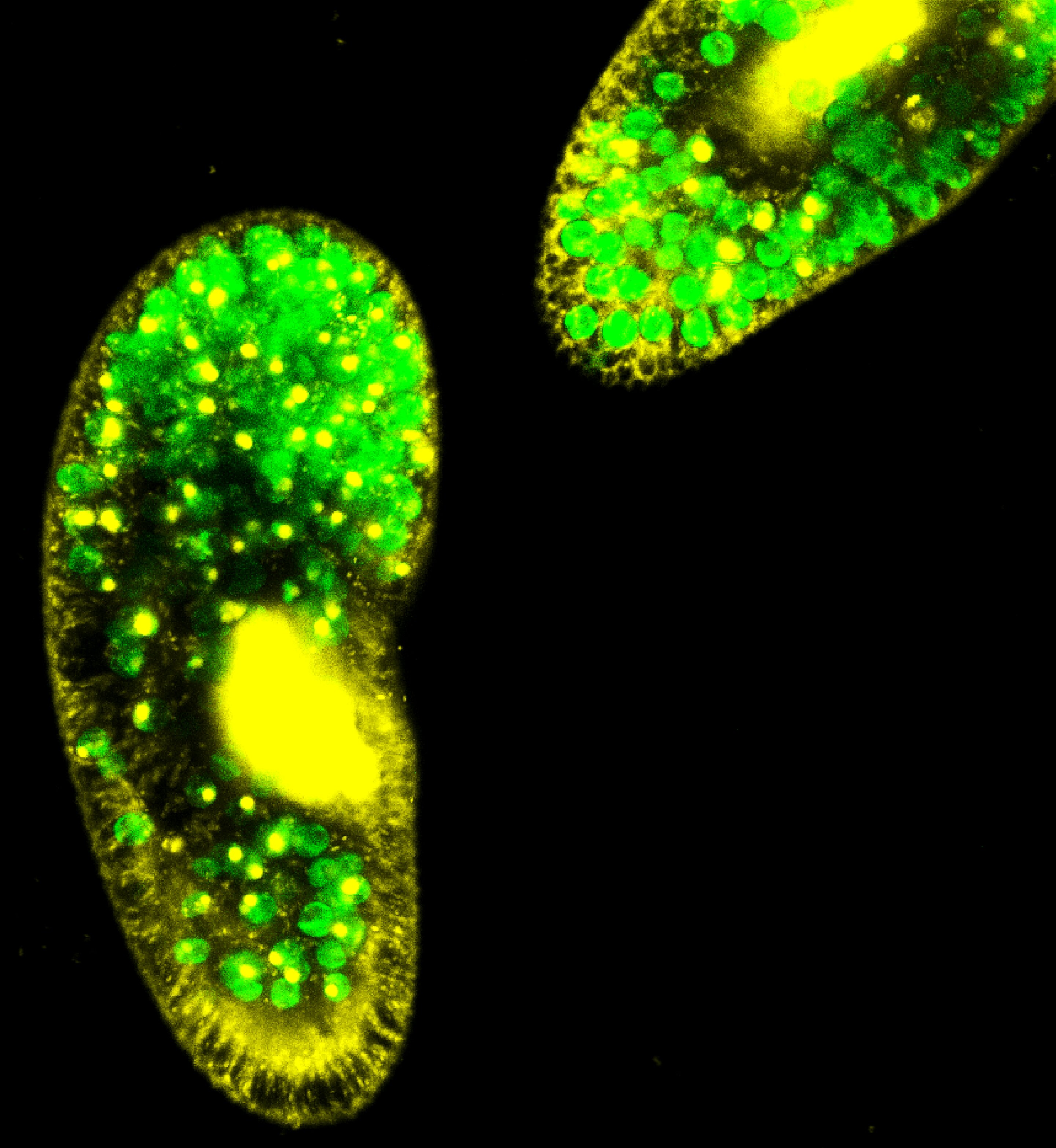Hotter conditions prevent two tiny organisms working together for mutual benefit, new research shows.
University of Exeter scientists studied a single-celled organism (Paramecium bursaria) which can absorb and host algae (Chlorella spp). This pairing is common in freshwater worldwide, and their symbiotic relationship provides benefits including trading of nutrients and protection for the algae.
But when scientists made the water 5°C warmer, the partnership stopped working—and the results suggest the algae may even become parasitic.
You must log in or register to comment.


